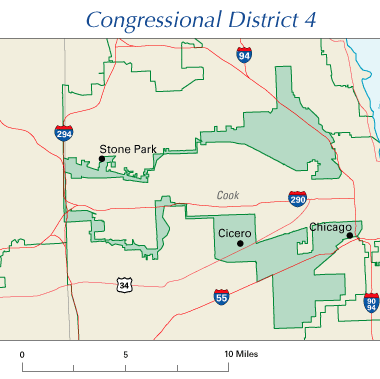I sent the following e-mail to the Prosecutor's Office of the Crimean Republic:
Dear Prosecutor General Poklonskaya,
I would first of all like to apologize for my arrogant Anglocentrism by writing this letter in English. However I must confess I lack any knowledge of the Russian language and hope that you (or someone else at your end) will have a good grasp of the English language.
I am a high school student in Orange County, California and like most other institutions of secondary education in the United States, my school will be holding the spring dance otherwise known as prom. I have been unable to find a date for this dance and thus been forced to ponder who to ask. Then it struck me that I should invite a woman I truly respect and admire. Therefore I must humbly ask the Prosecutor General of the Crimean Republic, Natalia Poklonskaya: will you go to Prom with me, your Excellency?
Undoubtedly, it is extremely presumptive of someone like me to ask a lady of such intelligence and beauty as you to Prom. Yet I sincerely believe that it is with you that both of us can have the best experience at Prom. I have a terrible time trying to understand girls my age and I hope that your wisdom and experience will allow me to gain some measure of enlightenment in this arcane subject more difficult then quantum physics.
Additionally, I hope that my humble invitation may do some good in reducing tensions between the Western powers and Russia. I have recently read a science fiction novel by Norman Spinrad titled Russian Spring which was written right before the fall of the Soviet Union. In that novel, the Soviet Union never collapses but instead reforms and integrates with the European Union while the United States becomes increasingly isolationist and militaristic. Incredibly though, the book's climax involves the US backing a Ukrainian secessionist movement from the Soviet Union which causes an international crisis. Reading this book's wonderful resolution made me wonder if there could not be a way to defuse the current tensions-especially since the book involved a romance between an American space engineer and a Russian expatriate both working in Paris (incidentally I must say the Russian lady in the story, Sonya, was extremely reminiscent of you). Even if you reject my invitation, I hope you at least consider this a small offering of peace from the Western world-a flicker of a candle in the darkness.
Sincerely Yours,
Casey Cho








